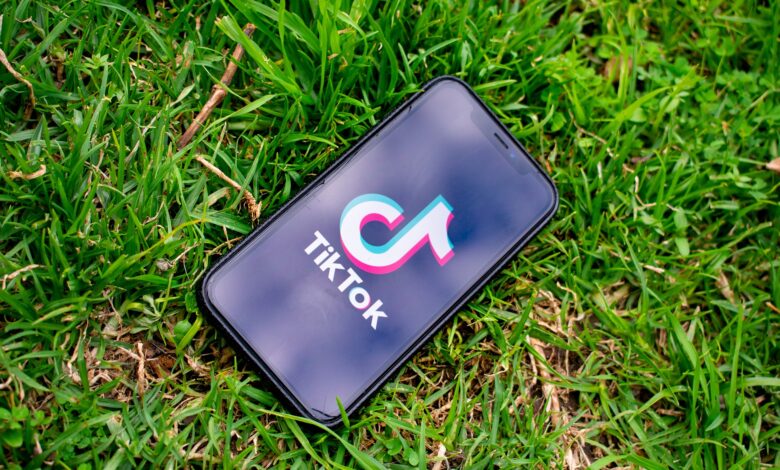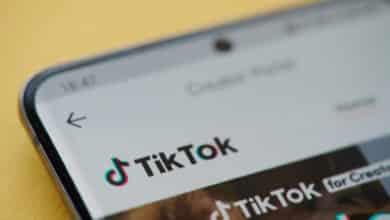
In a landmark decision, the General Court of the European Union has confirmed that TikTok qualifies as a gatekeeper under the Digital Markets Act (DMA). This decision obliges the popular social media platform to comply with a set of strict rules aimed at promoting competition in the digital economy and regulating the power of the biggest tech companies.
Brief summary
- Court ruling: TikTok must abide by the DMA’s rules as a gatekeeper.
- Implications: Stricter regulation and requirements for the platform.
- Objective of the DMA: To promote competition and limit the market power of large tech companies.
- Future prospects: Potential changes to the platform strategy and functions.
What does gatekeeper status mean?
A gatekeeper within the meaning of the DMA is a company that plays a significant role in the digital market and therefore occupies a central position between companies and end consumers. These companies have the market power to influence the rules of competition and must therefore be regulated more strictly. For TikTok, this means that the platform must take measures to ensure that it promotes fair competition and does not engage in unfair practices.
The court’s decision
The Court of Justice of the European Union has clarified in its ruling that TikTok fulfills the gatekeeper criteria. This decision is based on several factors, including TikTok’s enormous user base, market dominance and ability to dictate terms to other companies in the digital space. The decision follows an appeal by TikTok, which had challenged its classification as a gatekeeper. However, the court found sufficient evidence that TikTok exceeded the threshold for this classification.
Impact on TikTok and its users
The classification as a gatekeeper entails a number of obligations for TikTok. The platform must now take steps to increase the transparency of its algorithms, ensure fair access for other companies and potentially change its business models and practices. This could bring significant changes to the way TikTok is operated and how users interact with the platform. Users can potentially expect more control over their data and a greater variety of content and services.
The Digital Markets Act at a glance
The Digital Markets Act is part of a comprehensive European Union regulatory framework aimed at limiting the power of the largest digital platforms and ensuring fair competition. The DMA is aimed at so-called gatekeeper companies and contains a number of obligations and prohibitions designed to ensure that these companies do not abuse their power.
The most important regulations include:
- Prohibition of certain practices: e.g. favoring their own services or enforcing certain terms and conditions.
- Transparency requirements: Disclosure of how algorithms work and the criteria for placing content.
- User rights: Increased control and choice for users regarding their data and the services they use.
Conclusion
The court’s decision to classify TikTok as a gatekeeper under the Digital Markets Act marks an important step in the regulation of digital platforms. For TikTok, this means increased oversight and the need to adapt its business models to comply with the new regulations. For users, this could mean more transparency and better control over their data. The coming months will show how TikTok overcomes these challenges and what concrete changes can be expected on the platform.




No replies yet
Neue Antworten laden...
Gehört zum Inventar
Beteilige dich an der Diskussion in der Basic Tutorials Community →